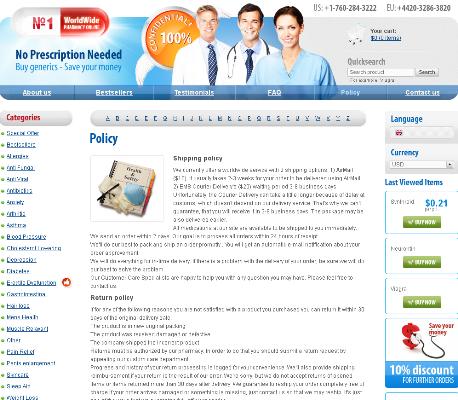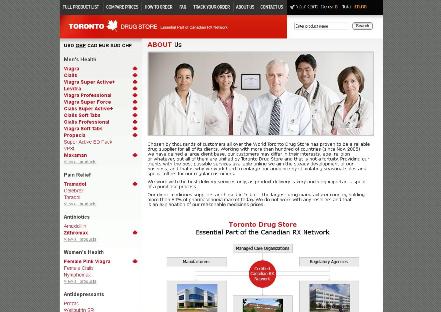Common Zepbound Side Effects You Might Notice
Individuals beginning Zepbound may experience some noticeable changes as their bodies adjust to the medication. It’s not uncommon to feel mild nausea, decreased appetite, or even occasional stomach discomfort in the first few weeks. Some people also report experiencing diarrhea, constipation, or headaches. These side effects are typically mild and tend to improve as treatment continues, but they can be unsettling if you’re not expecting them.
If you’re paying attention to your daily routines, you might also catch moments of fatigue or slight dizziness. Most patients find these symptoms manageable, especially when they’re aware of what might happen. Remember, everyone responds differently—it’s helpful to keep a log so you and your healthcare provider can track patterns and adjust your plan if needed.
| Side Effect | How Common? |
|---|---|
| Nausea | Very Common |
| Decreased Appetite | Common |
| Diarrhea | Common |
| Constipation | Common |
| Headache | Occasional |
| Fatigue | Occasional |
| Dizziness | Occasional |
Rare but Serious Reactions to Watch for

While most people tolerate zepbound well, some may experience unusual reactions that shouldn’t be ignored. Symptoms like swelling of the face or throat, severe abdominal pain, or difficulty breathing can signal an allergic response or pancreatic inflammation. If you notice rapid heartbeat, persistent vomiting, or yellowing of the skin or eyes, these may be urgent warning signs. These complications, though rare, require immediate medical attention to ensure your safety and prevent the risk of lasting harm.
How to Manage Mild Zepbound Discomfort
If you experience mild discomfort after starting zepbound, you’re certainly not alone. Many patients notice mild symptoms, such as nausea or stomach upset, especially in the first few weeks. Drinking plenty of water and eating smaller, more frequent meals can ease these side effects. If bloating or indigestion becomes annoying, gentle walks and avoiding spicy foods may also help. Remember, mild reactions often lessen with time as your body adjusts to zepbound, but don’t hesitate to reach out for extra support if needed.
When to Call Your Doctor Immediately

While most people tolerate Zepbound well, there are certain symptoms that should prompt you to seek urgent medical attention. Warning signs like severe abdominal pain, vomiting that won’t stop, swelling of your face or throat, trouble breathing, or a rapid heartbeat could signal a serious reaction. Some patients may also notice persistent nausea, yellowing of the skin or eyes, or sudden vision changes—all concerns that should not be ignored.
If you ever feel faint, confused, or experience signs of an allergic reaction while taking Zepbound, it’s best not to wait things out. Immediate contact with your healthcare provider can ensure safety and prevent potential complications.
Tips for Minimizing Risk of Side Effects
As you begin your Zepbound journey, making a few simple changes can reduce the chance of unpleasant reactions. Drink plenty of water and eat smaller, more frequent meals to ease digestive side effects. Pay attention to how your body responds, especially in the first few weeks.
Staying active and tracking your symptoms in a journal can help you spot patterns, allowing you to take early action if side effects arise. Always take Zepbound exactly as prescribed and avoid skipping doses, which can disrupt your progress.
Your healthcare provider is your best resource. Keep them updated about any new or worsening sensations—they can offer valuable adjustments or reassurance.
| Strategy | Benefit |
|---|---|
| Hydrate regularly | Reduces dehydration risks |
| Frequent small meals | Lessens digestive discomfort |
| Monitor symptoms | Enables prompt response to issues |
Real Patient Experiences with Zepbound Safety
Patients from various backgrounds have shared a range of experiences after starting Zepbound. For some, weight loss results become noticeable within weeks, often accompanied by mild side effects like nausea or fatigue that typically subside with time. Others note increased motivation as their health markers improve, yet a few struggled with more persistent digestive discomfort and needed additional guidance from their healthcare providers.
Many individuals highlight the value of joining support groups, where they exchange tips for managing mild reactions and celebrate progress together. Despite encountering occasional setbacks, most agree that having clear communication with their doctors helps them feel safer and more in control throughout their treatment journey.



